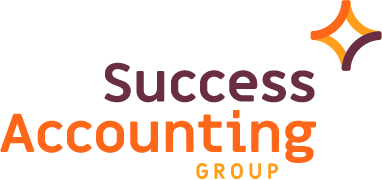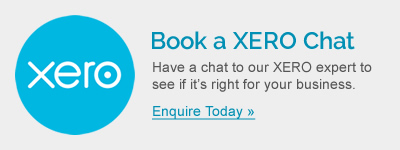How To Prepare Super For EOFY
Recently, superannuation has made headlines due to a reform that the Federal Budget revealed that will affect retirees with balances more than $3 million. While legislation is still needed to make this transition effective as of July 1, 2025, it is worthwhile to shift our attention to superannuation balances as this fiscal year comes to a close.
There are several ways to increase your super, but if you want to maximise your contributions, it’s crucial that you don’t wait until the last minute.
Contributing a little bit more to your super account with your pre-tax salary is one of the simplest methods to increase your retirement savings. You could even be allowed to deduct voluntary personal contributions from your taxes.
You may also make a carry-forward contribution if you have any unused concessional contribution amounts from prior fiscal years and your superannuation balance is under $500,000 at that time. In the event that your wages this year are more than usual, this can be a terrific strategy to offset your income.
Making tax-effective super payments through a salary sacrifice plan is another simple approach to increase your super. You should bring up this topic with your supervisor right away because the Australian Taxation Office mandates that these agreements be documented before they take effect.

Super Tactics Without Restrictions
Voluntary non-concessional contributions can be an excellent option if you have some extra money, have reached your concessional contributions cap, received an inheritance, or have additional personal resources that you would like to contribute to super.
Non-concessional super contributions are sums you pay into your retirement account from savings or income that has already been taxed. When they are received by your super fund, they are not taxed.
Non-concessional contributions are a terrific method to put money into the lower taxed super system, despite the fact that you can’t claim a tax deduction for them because they aren’t taxed until they enter your super account.
If you are 55 years of age or older and intend to sell your house, downsizer donations are another choice. You are permitted to donate up to $300,000 ($600,000 for a couple) of the earnings from your sale.
Don’t forget that you can contribute to your low-income spouse’s super account and receive a tax credit of up to $540 for doing so.
The super co-contribution guidelines of the government also help eligible low-income earners. Up to a limit of $500, the government will match 50 cents of every dollar you put into your retirement account.
Your Tax Liability May Increase
By the end of the fiscal year, you can improve your retirement savings with additional contributions while also potentially lowering your tax liability.
Concessional contributions are only 15% taxed, which is typically less than the marginal tax rate for most persons. By paying less tax than if you had received the money as regular income, you gain.
But, Division 293 tax regulations may oblige you to pay more tax if your income exceeds $250,000.
Though the investment profits you receive from your superannuation are only taxed at 15%, some optional personal contributions may also offer a useful tax advantage.
To understand more about tax savings, schedule an appointment with one of our tax accountants at Success Accounting Group.
Keep an Eye on Your Annual Contribution Limit
It’s crucial to check where you stand with your yearly caps before rushing off to make a contribution. The annual maximum contributions to your super account are as follows. You will be taxed more if you go above them.
The yearly ceiling for concessional payments is currently $27,500, and it applies to everyone.
For most people under 75, the annual contribution cap for non-concessional contributions is $110,000. It’s a good idea to chat to us before contributing because your personal cap may be different, especially if you already have a significant amount in super.
You might even be able to advance your non-concessional contribution caps by up to three years, allowing you to make contributions of up to $330,000 before June 30.
Please contact us if you have any questions about EOFY super plans or if you are eligible to make contributions.
In addition, the following articles might be of interest to you:
- AustralianSuper to Refund $70M to Customers after Double-Charging Members
- Say Hello to Payday Super
- Tax Advantages of Superannuation Contributions

About Lan Nguyen
Lan is the Founder and Chief Strategist at Success Accounting Group, Melbourne based CA firm. In a matter of short 8 years she has built up a reputable Chartered accounting firm with 3 offices and a team of 6 professional accountants and support team members. Her mission is to provide Innovative and Strategic Financial advice to help her customers make smarter financial decisions today for a brighter future.
Success Accounting Group is for established business owners who would like help to grow a sustained business. As a business owner you understand what drives your business success with our accounting team taking care of the rest.




